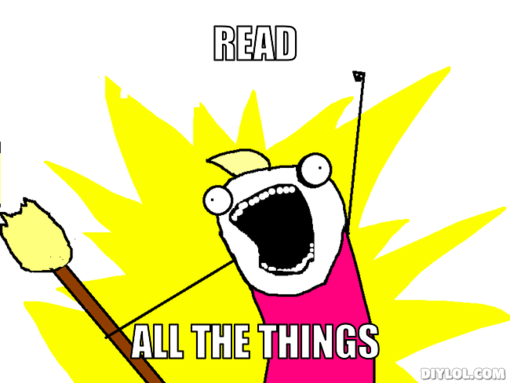 What did you like about our class?
What did you like about our class? There were a lot of things about this class that I liked. I think what I enjoyed the most were the workshops and the conferences. I’ve never had a class before were we had opportunities for workshopping, but I think it’s an amazing idea. Workshops did two things for me: one helped me compare my essays to those of my classmates, and two, provided me with constructive criticisms of my work. Before, in high school classes the closes thing to workshops that I got to were communication with my teacher about the progress of my essays, but seldom did I get a comparison with other classmates or criticism from my peers. This is a great idea because we usually ignore or overlook our own mistakes, but it’s easy for others to point out our mistakes. The conferences were also very helpful to me. Having that one-on-one time with Mrs. Pilcher helped me articulate my ideas on my essays better and almost served like checkpoints, letting me know if I was on the right track. I liked all the movies and shows we watched in class. I honestly think that they supported the topics and lessons from the class a great deal. I also think it’s great for my peers to be presented with different genres that they would otherwise not be exposed to. There are many more things I liked about the class such as the pace, the lessons covered, and the class size.
What did you dislike?
There were just a few things I didn’t like about the class, and none of them are a big deal for me. I think the class participation was what I disliked the most. I often felt like I was the only one (or one of the only ones) participating, when there were multiple chances for my peers to be part of class discussions. I also didn’t like the amount of books required for the course. I think the course could have worked just as well without some of the books that were required materials.
What did you learn about writing that might help you in the rest of your academic career?
Ethos, pathos, and logos is a concept that I had not heard before that I’ll definitely keep in mind as I go on into the rest of my college life. The process of finding a topic is also something I learned that I will be using for the rest of my life. Before this class I would chose topics that I was more familiar with, or that came to mind easily, but I now know that the best topics are those that we are interested about but perhaps don’t know much of.
 What did you think of the assigned readings?
What did you think of the assigned readings? The assigned readings were great, for the most part. There were times when I felt like it was unnecessary or perhaps the readings were unnecessarily long, but overall the readings contributed to the class discussions and lessons. I enjoyed reading Beyond Words in particular; it is a great book that is written with college students in mind. It was very easy to read, entertaining, captivating, and I learned much from it. Most of the time it didn’t feel like a drag to have to read passages from the book.
What did you think of the paper assignments?
I think the paper assignments were appropriate. The first one in particular I really enjoyed doing. It was almost effortless and I enjoyed it. The second paper, the research paper, was the total opposite for me. I didn’t enjoy that paper as much, and throughout it I felt confused and unsure if I was doing the right thing. I have done research papers in the past, but never with as many pages and with as many sources. It was time consuming, stressful, and overall not very enjoyable. The third paper I’ve just started so I can’t say how enjoyable it will be, but it seems alright so far. In terms of the process of writing the papers, I think I could have used some extra time, but I am well aware of the time constraints of a summer term. As previously mentioned, I really enjoyed the workshops and the conferences; I think they were immensely helpful to my writing process.
What did you think of our class time?

I’m not sure what this question is asking haha, but I’ll answer it the way I think it’s being asked. The time spent on different subjects and lessons I think was adequate. Time was divided fairly between different lessons.
What did you think of your instructor?
The instructor was amazing! I can honestly say that Mrs. Pilcher is an outstanding instructor! She’s incredibly funny and charismatic, extremely helpful and approachable, and of course, knowledgeable in her field. I wish every instructor was like Mrs. Pilcher. I will miss her.






